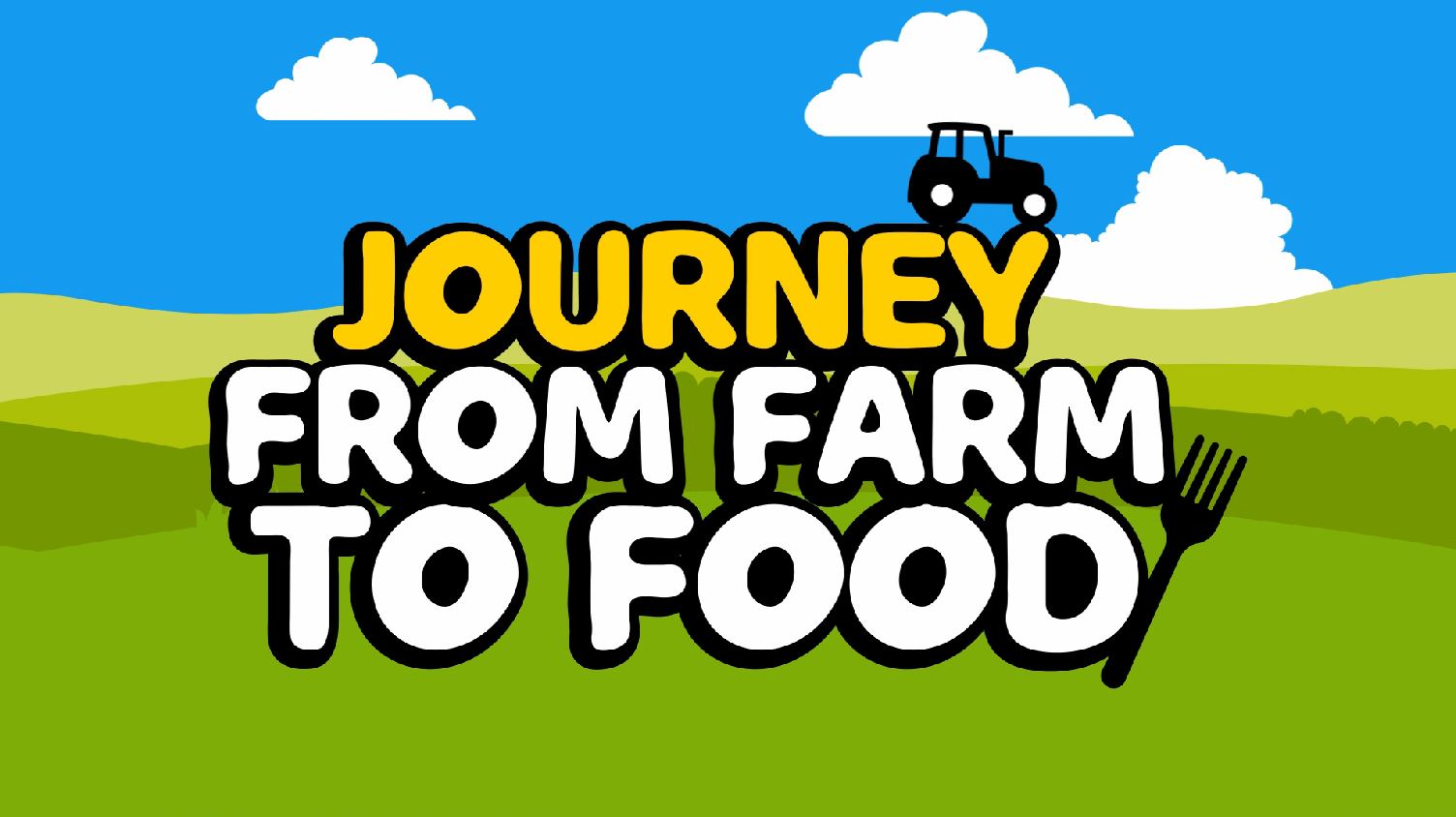Nutrient Management
As with grassland, managing nutrients on farm in an efficient manner will increase productivity and also lead to benefits for the environment.
The development and utilisation of nutrient management plans ensures that manure and slurries are used effectively and safely. In certain areas and schemes (e.g. Nitrate Vulnerable Zones(NVZ) and farm assurance schemes) farmers are required to complete nutrient management plans, but the use of these plans can prove a valuable management tool for all farms as they provide a structured outline of how manures and slurries should be used over the year.
Successful nutrient management plans should not only focus on the best use of additional nutrient sources but also on how soil erosion and the loss of nutrients can be avoided. Soil erosion in particular can have a detrimental impact on production while increasing GHG emissions.
Correctly assessing the nutrient status (N,P,K) of fields prior to applying fertiliser could not only lower emissions but can save time and money. Incorporating clovers into swards will also reduce the reliance on artificial fertilisers.
These examples mentioned above show how small changes to the management of nutrients on farm could have a positive impact on the GHG emissions from red meat production.


